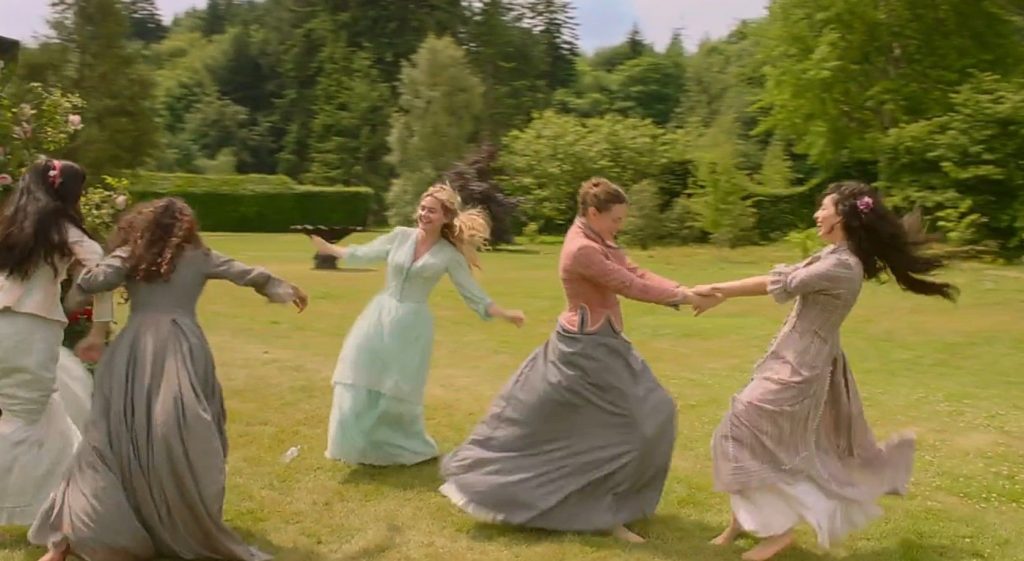Alliances of Kindness

Clara reports in her Salt Island Diary that she dreams of being in Heaven, a society whose customs and practices she slowly discovers in successive dreams.
In an early dream, Clara wants to know why she has been chosen — what about her made her worthy of entry. The answer is nothing. Worthiness has nothing to do with it. The mere fact that her attention was on Heaven made Heaven possible.
This was a deep psychedelic insight. Attention on a heaven is what a good trip is, with or without drugs.
The difficulty of maintaining attention on a heaven is that it is boring. There is no danger, intrigue, conflict, violence, or wild emotions. All the elements that make a book or film interesting are absent.
And yet, people do appreciate music, even songs that they have heard hundreds of times. The simplicity or the predictability of a song does not hinder its enjoyment. Heavens are more like songs and less like movies.

In Clara’s heaven, kindness may have tactical and strategic uses; this is, in principle, every bit as interesting as a court intrigue might be; it is just the mirror image.
The denizens of Clara’s heaven plot and scheme to help each other. If that seems like a parody, think again. The fundamental problem of awareness is lucidity —seeing the obvious. People in middle-age understand the help they needed in their youth, but at the very moment of their youth, that help would have seemed like interference or disrespect or paternalism or misdirection or exploitation. Helping people is hard. Illuminating or disguising that help is where the scheming and plotting come in. It is, in fact, interesting, if one is in on the joke.
If one needs an ally for a project, one may find an ally or one may cultivate one. To find an ally is to identify someone who is working on a common goal, or who would work on a common goal if she understood that it was a prerequisite for what she really wants. To be an ally is to present oneself as reliable and competent and active. It is a little like dating, without the romance.
To cultivate an ally is to provide someone the skills needed to pursue some goal. A mentorship is formed if someone can be found who wants those skills and opportunities to use them.
Clara’s heaven is therefore a world of women building alliances amongst themselves and girls keen to be recruited by good mentors. It is a society in which there are no defeats, just relative successes. The expression of disappointment or disapproval is not part of the culture because these are considered bad advertising for both recruiters and the recruited; no one wants to be on a losing team.
It is not a particularly stressful culture, but it is fatiguing due to the constant mindfulness required. If one is not creating heaven, one is creating something else. To create something else to to be somewhere else. There is no rule. This is simply a feature of dreaming attention.
Ultimately, Clara decides to not stay in the heaven she dreams of. She instead opts to create her own, by recruiting her struggling family as members. Heaven, she realises, is no reward for a life well-led; it is the act of leading a life well.
Other articles in this thread:
